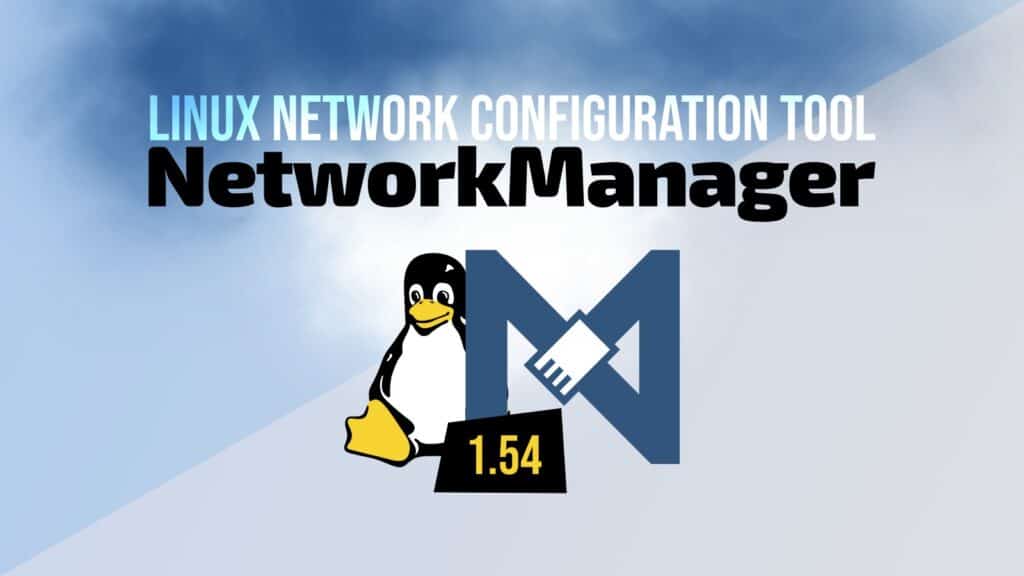After being five months in development, NetworkManager, a system service and set of tools for managing network connections, widely adopted by most Linux distributions, rolls out today version 1.54.
One of the new notable enhancements is the added support for per-device IPv4 forwarding through the new “ipv4.forwarding” connection property. This makes it easier to manage specific network behaviors on individual devices, rather than dealing with global settings.
On the IPv6 side, the latest update introduces a fresh “prefix-delegation” setting, which comes with a “subnet-id” property. This setup helps define subnet selection on downstream interfaces during IPv6 prefix delegation.
Additionally, NetworkManager now plays nicely with OCI baremetal setups thanks to updates in nm-cloud-setup. For WireGuard users, activating connections to IPv6 endpoints just got easier. NetworkManager now automatically creates firewall rules that prevent the kernel’s reverse path filtering from mistakenly dropping incoming packets.
Terminal users using the nmtui tool will appreciate the newly added support for configuring the loopback interface. OVS bridge and port connection properties also received flexibility upgrades. Now, you can reapply most OVS connection properties without needing to bring connections down.
The new “sriov.preserve-on-down” property is another thoughtful addition. It lets users choose whether SR-IOV parameters should stick around or reset to defaults when connections deactivate. For users heavily invested in virtualization and SR-IOV setups, this tweak offers more consistent management.
For those operating with OVS DPDK, there’s a handy new setting called “ovs-dpdk.lsc-interrupt.” It enables configurable Link State Change detection modes, enhancing reliability and performance.
And last but not least, early boot network configuration has improved as well. NetworkManager’s initrd-generator now understands the NVMe Boot Firmware Table, helping streamline network setup processes right from boot-up. Additionally, new systemd services have been introduced, ensuring reliable networking during the initrd stage.
For more information, see the changelog. NetworkManager 1.54’s source code is available for download from the project’s GitLab page.
